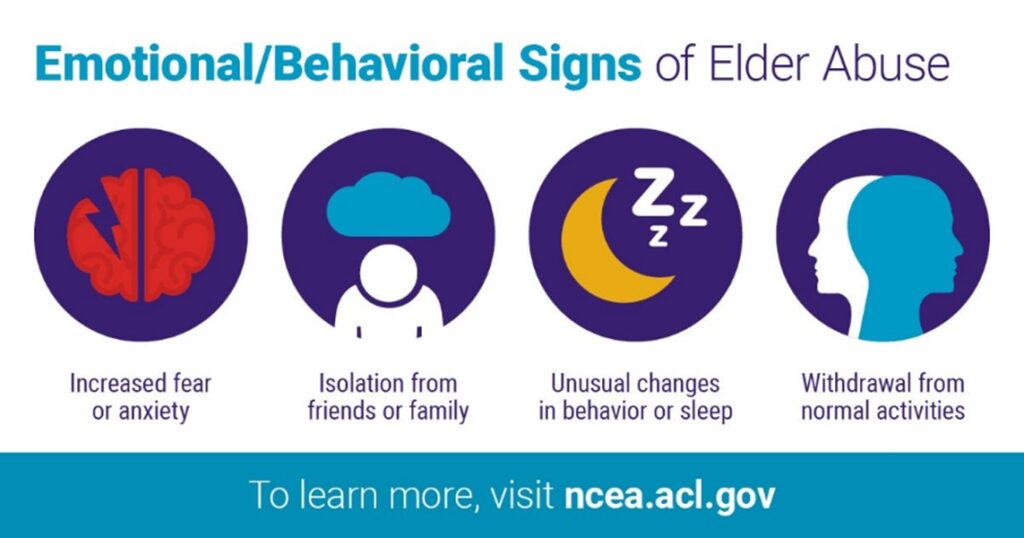Selecting a home care company can be a little like a walk in the dark. There are thousands of across the country and probably hundreds to choose from where you live. How do you choose?
- Select a small or large company? Do they utilize company employees or a registry for aides? You will probably want to go through a well-known agency. This does not necessarily mean a large franchise is the best choice. Ask what the advantages or disadvantages are when you interview each location’s representative.
WHY ASK? Small or large, whichever company you choose, do your homework. Are they licensed? In Virginia, for example, an office location is required to be licensed by the state. Ask about the management staff, schedulers, and support teams. Learn how they operate. The most important thing is to like the management staff when comparing companies.
It is extremely important to ask the agency if they are licensed by their state and if they conduct both state and national criminal background checks on the caregivers as well as conduct drug tests and check their driving record. Currently, with the outbreak of the Covid-19 virus, it is equally important to ask for the best practices that agency has in place to keep both their caregivers and clients as safe as possible from the spread of the virus.
-Staff person for a local Agency
2. What services are and are not provided? Make sure they can accommodate all the needs of your loved one.
WHY ASK? Understanding services offered will help prevent miscommunications. Get it in writing. Customer service is as important as comparing cost. Do they answer the phone 24 hours a day?
3. How does the agency assess each caregiver’s capabilities? What is their proficiency level in basic care. What are their strengths and weaknesses? The interests the caregiver has also plays a role in finding a good fit for their clients.
WHY ASK? You will need to compare and determine how satisfied you are with the answer to these types of questions. Cumulative responses to the questions give you a better understanding of what to expect.
4. What screenings are performed before hiring? Federal and state criminal background checks? Drug screening?
WHY ASK? You may want to check the licensing status of any C.N.A. (Certified Nurse’s Aide) with their license number through the state.
5. Tell me about the training you provide? Ask for details and the schedule for required and in-house training. When was the last in-service training and what was the topic? Do you offer First Aid/CPR or dementia training?
WHY ASK? Agencies should be able to describe how, when, and what training they provide.
6. What is the procedure if there is ever a suspicion or accusation of theft or abuse? They should not only tell you their procedures, but also provide you with the phone number for the Elder Abuse Hotline.
WHY ASK? Any personal service business should have a grievance policy. Ask what’s been done in the past. Keep in mind that YOU are responsible for securing valuables and sensitive information and keeping a record of belongings. Those living with dementia may consider something stolen when it may have simply been misplaced. Reducing clutter helps.
7. How do you keep to a minimum the number of employees who are part of my loved one’s care team? What happens when a caregiver is ill? Will you be able to provide another aide or will I need my own back-up plan?
WHY ASK? Agencies will do their best to minimize change, but agencies are required to pay overtime to anyone working more than 40 hours. Families are usually asked to pay for the overtime. To avoid higher rates, multiple caregivers may be more cost-effective.
8. If we are not satisfied with a care team member, will the agency provide someone else?
WHY ASK? This is an important question because many families may not know they have a choice. The right fit is important. Keep in mind, it may never be perfect, and caregivers may transition from time-to-time.
9. Does the agency evaluate the quality of their provided care on a regular basis? How is it done, when is it done, and who conducts the evaluation?
WHY ASK? In the state of Virginia, home care companies are required to have a Registered nurse (RN) visit the client every ninety (90) days. Most do it more frequently.
Family advocacy is important. The role of a Home Care company is not to provide advocacy for or management of a loved-one’s overall life. Their role is to employ and supervise aides.
If an older adult doesn’t have enough family support, they can benefit from an Aging Life Care™ Manager who provides 24/7 response, medical advocacy, and care coordination. Want to learn more? Contact us.


